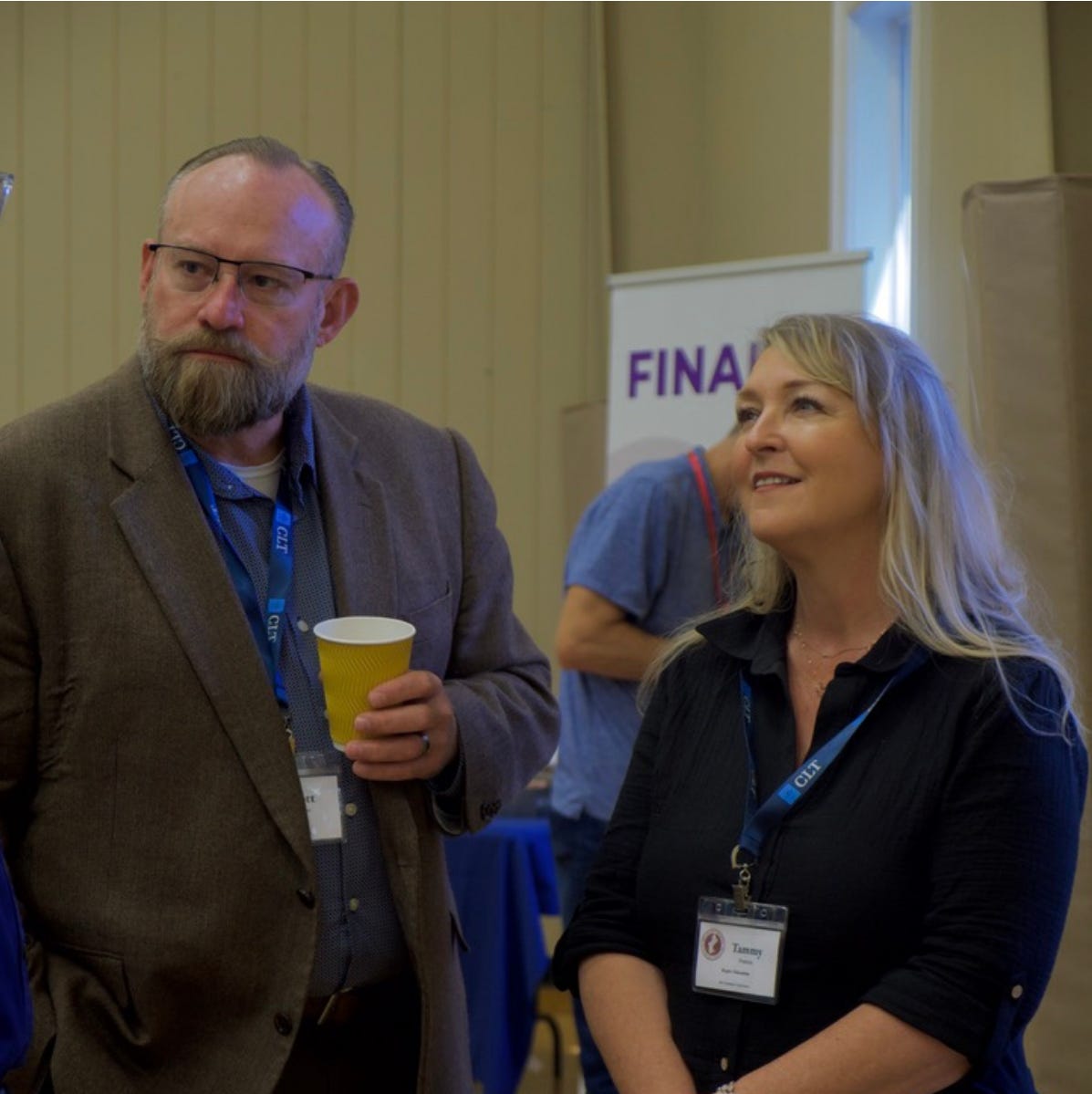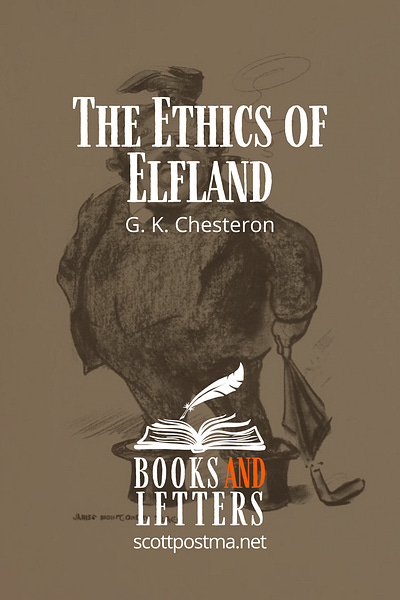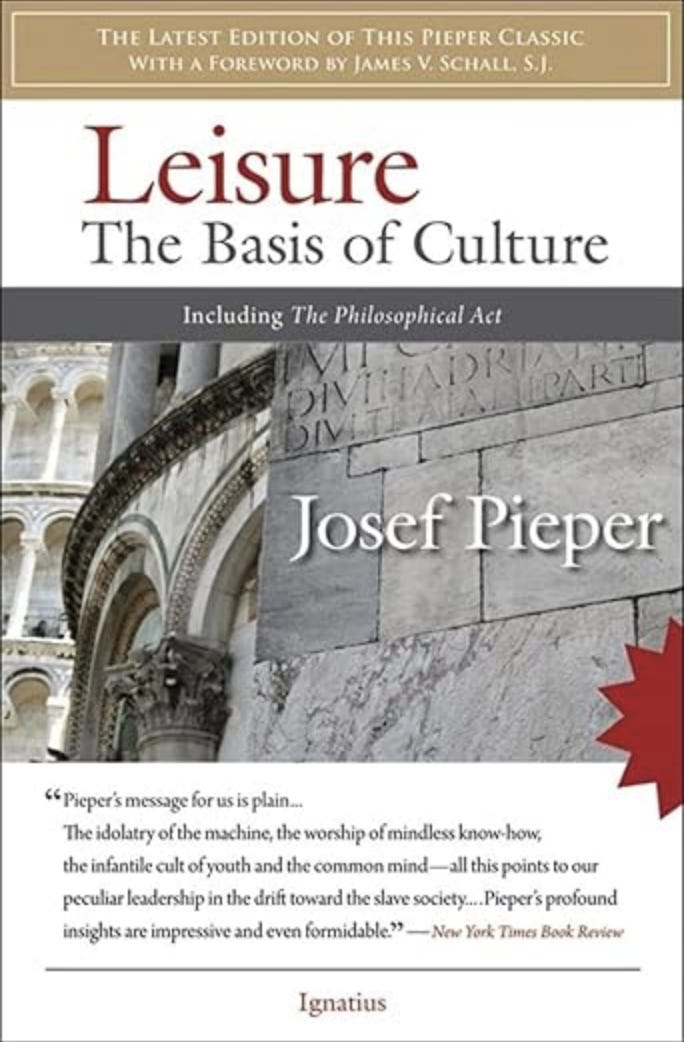End of August Update
Personal Apology, Book Giveaway, and Tsundoku Reading Society Meeting
Greeting Substack Friends,
I would like to first make an apology, especially to my paid subscribers, for my infrequent publications on Substack this past month or so. My schedule has been rather grueling since July with three back-to-back consortium conferences, course registration season, and our launch of the AA dual credit program at Kepler.
Thankfully, the academic year is now in full swing, which has its own kind of busyness, but at least it’s fairly routine and manageable for the next few months. Keep your eyes peeled. I’ll be more consistent going forward while also attempting to produce some solid “make-up” content for you in the coming weeks.

UPDATE TWO
Next, I’d like to remind you that today (August 25th) at 4:00 pm PT / 7:00 pm ET is our August Tsundoku Reading Society meeting.
Even though I haven’t promoted it as I normally do, I am very much looking forward to discussing the short chapter, “The Ethics of Elfland,” from G. K. Chesterton’s Orthodoxy with my Substack friends. Like everything by Chesterton, it’s a marvelous piece and it only takes about 30-45 minutes to read (no more than an hour if you’re a really slow reader).
Plus, I’m opening today’s meeting to all subscribers—paid and free—to share a little taste of our reading community. Be sure to invite a friend!
In this delightful essay, Chesterton advocates for our apprehension of tradition in the poetic manner only Chesterton can pull off. At one point he writes,
But there is one thing that I have never from my youth up been able to understand. I have never been able to understand where people got the idea that democracy was in some way opposed to tradition. It is obvious that tradition is only democracy extended through time. It is trusting to a consensus of common human voices rather than to some isolated or arbitrary record.
Steps to Follow
Download the essay; read it; mark it up; ask questions of the text. Then, watch your inbox about an hour before for login instructions to join the Zoom meeting at 4:00 pm PT (7:00 pm ET). It’s that simple. Got questions? email me@scottpostma.net.
UPDATE THREE
After tonight’s meeting, I’ll be giving away a copy of the remarkable little book by German Thomist Philosopher, Josef Pieper, Leisure the Basis of Culture. In this work, Pieper faithfully argues that culture can be born only in leisure—a leisure that allows time for the contemplation of the nature of God. He asserts leisure has been, and always will be, the first foundation of any flourishing culture.
In the preface, Pieper contends,
Culture depends for its very existence on leisure, and leisure, in its turn, is not possible unless it has a durable and consequently living link with the cultus, with divine worship…it really means fulfilling the ritual of public sacrifice…For that very reason it is of the first importance to see that the cultus, now as in the distant past, is the primary source of man’s freedom, independence and immunity within society…Culture, in the sense in which it is used above, is the quintessence of all the natural goods of the world and of those gifts and qualities which, while belonging to man, lie beyond the immediate sphere of his needs and wants. All that is good in this sense, all man’s gifts and faculties are not necessarily useful in a practical way; though there is no denying that they belong to a truly human life, not strictly speaking necessary, even though he could not do without them. (15-16)
Pieper claims that culture—the collective of man’s higher pursuits of mind and soul, those creative endeavors like poetry, music, philosophy, theology, art, etc.—which are not necessary for mere survival in the biological sense, but are, paradoxically, necessary for human flourishing, does not arise out of our work or productiveness.
Ironically, it arises out of leisure. Leisure though does not mean amusement. He’s not envisioning idleness or entertainment (i.e., time off at the beach or feet propped on the coffee table in front of the television with a beer in one and and the remote in the other). While those activities may have their place in human society, leisure, in Pieper’s view, is a contemplative posture—one connected to worship—which allows us to perceive and affirm reality beyond survival, utility, or productivity.
Historically, the communal ritual of sacrificial worship was the ultimate justification for setting aside work. Thus, cultus was the foundation of society’s highest festivals. Therefore, genuine leisure is ordered toward transcendence because in worship man acknowledges his dependence upon God, receives his life as gift, and is freed from the tyranny of usefulness. This is why Pieper says cultus, or worship, is “the primary source of man’s freedom, independence and immunity within society.”
This is just the tip of the iceberg. Once you read Pieper’s Leisure the Basis of Culture, you’ll never again be able to look the same way at your life, your work, or your time off.
To enter the drawing, simply become a paid subscriber
Once you purchase a premium subscription at $7 per month or $60 per year, you’ll not only be eligible for the drawing but you will automatically become a member of the Tsundoku Reading Society. Paid subscribers also gain access to the growing resource page (which includes recordings of previous month’s book discussions, the BOOKS AND LETTERS podcast, and my print books steeply discounted (in most cases, free) whenever they become available.
UPDATE FOUR
That brings me to the third update. Earlier in the spring, I was publishing selections of my forthcoming primer on Classical Christian Education.
Unfortunately, my summer schedule forced my to put that project on hold; but at the publisher’s request for a Christmas release, I’ve resumed that project in earnest. The goal will be to have the second revision completed by the end of September. That mean’s I will be publishing some of those selections again in the coming weeks.
Putting these kinds of notices out there publicly produces a lot of anxiety—hopefully it will be channelled toward creative ends—because although public announcements may help one stay accountable to his stated intentions, it can also backfire and make him seem flaky and ridiculous.
If there’s one thing I’ve learned it’s a bad idea to state your plans publicly. The unknown contingencies are too vast and unpredictable to count on achieving those plans without a number of unexpected obstacles to negotiate. Ergo, having now stated them, if you’re so inclined to pray for me, I would greatly covet your prayers for protection against unnecessary distractions.
Hope to see you this afternoon/evening. I’ll post the link about an hour before the meeting. Please let me know in comments if you plan to join us.







Praying for you and for a smooth process in your publication, sir!
Sorry I was unable to attend this month. I wanted to but am still juggling reading/assignment timing. Lord willing this time next month all will be normal enough for me to return!
Looking forward to tonight!
I'm very much looking forward to your primer and praying as you write towards your deadline.